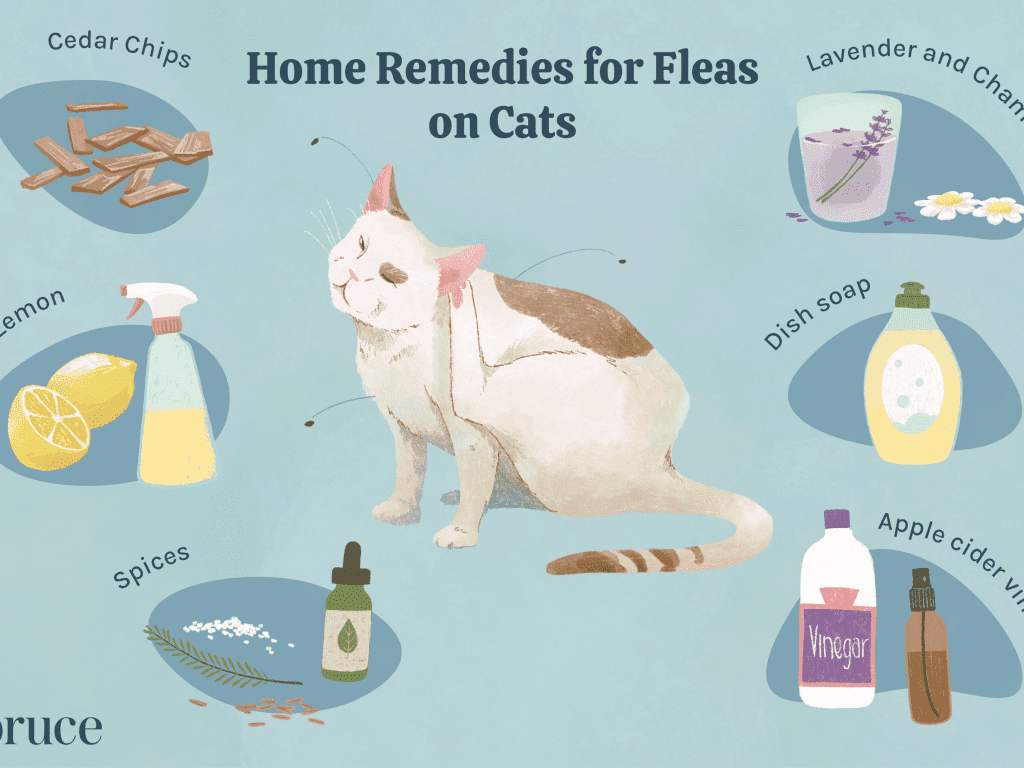The earliest record of the domestication of cat is in 7500 BC. We can trace this domestication to ancient Egypt where they are highly revered creatures. Their regal nature and nonchalant behaviour made them synonymous with royalty. In some cases, they even worshipped them.
It’s no surprise that modern humans saw the same attraction in cats. Today, you can find them in many homes. As expected, when you decide to keep a pet, you should be ready to take care of them. Taking care of a cat is no easy feat and they don’t make it easier either. Visit https://www.readersdigest.ca/home-garden/pets/10-things-know-owning-cat/ to learn more about what you should know before getting one.
If you have decided to get a cat, let’s look at how to take care of it. By keeping a keen eye on your cat, you would be able to spot certain changes that depict potential illness. It might be hard in the beginning, but it gets easier, and we will guide you through it.
Home Remedies for Cats
Did you know that you don’t always have to run to your vet’s every time your cat is feeling unwell? There are a few home remedies that you can try first for some conditions. If they persist, then you can make the trip to your vet.
Deter Fleas with a Clean House
It is well known that untidy environments attract pests. But by keeping your home clean you can reduce and ultimately prevent fleas and ticks from making a home of your home and your pet’s fur. Focus on the places your pet is fond of laying down and their resting place. This would be a perfect location for ticks to reside.
Fight Hairballs
Nearly every pet owner has dealt with hairballs at some point. These are not particularly nice to look at and can make a mess at home. You would encounter hairballs in cats with untidy furs. But by regularly brushing your pet’s fur, you reduce the formation of hairballs.
Chase the Itch Away
It is normal to get concerned when your pet is always itching. This can also make them very irritable. Sometimes this can be caused by ticks or fleas. Start by drenching the cat in water as fleas do not like wet fur. You can also apply fresh lemon or orange juice to the fur of your pet. This is known to deter fleas from the fur of felines.
If you have rosemary and peppermint at home, you can make a mixture with this. It can relieve the itchiness your pet feels. You might want to consider holistapet remedies as well.
How Do I Know If My Cat Is Getting Sick?
Cats are very tough creatures, but they often take it too far by hiding their illness. This is very different from a dog who plops before you looking for sympathy once they feel unwell. It takes a keen eye to identify these symptoms before it becomes serious.
Change in Appetite
Food is essential to life as long as living beings are concerned. By monitoring the amount of food your cat eats or doesn’t eat, you have a general idea of its wellbeing. However, you should understand that sometimes your cat is just not interested in a particular food. In situations like this simply changing the type of food might prove to be the solution.
Also, note how it reacts towards food. A healthy animal is always excited and eager to dig into every meal. If after a long day your cat is uninterested in the prospect of dinner, there is something wrong. Overeating is also not a good sign. A cat with a consistent, ravenous appetite points toward a metabolism problem.
Since water is part of substances taken in, we must also consider it. Pay close attention to the fluid intake of your cat. At times you would notice your feline drinking a lot of water without eating. Other times they look dehydrated. These are important information your veterinarian would find useful.
Observe Your Pet’s Physical Condition
A healthy cat is usually characterized by a fluffy coat that is soft to touch. Looking at your feline’s physical features is the quickest way to gauge its overall health. It’s easy to spot a cat with health issues. Their coats normally have patches and are very dull. Cats are very neat creatures, so a feline with a lack of concern for its physical appearance should be observed closely.
Overgrooming should also be a concern. This happens when your pet licks a particular part of the body till the fur falls off. This leaves that patch of skin prone to infection and scabs. This could be a result of stress or another ailment. Your vet should be consulted.
Another area we can’t forgo is the weight of the pet. An underweight cat is easily known with its ribs showing conspicuously. You can also do a hand test by lightly running your hands over the side. If you can easily feel the ribs the feline is underweight. On the other hand, if the ribs are hard to find your cat could be overweight. Click here to learn more about how to you can help you cat lose weight.
Final Thoughts
Spotting a pet with an ailment is pretty easy once you know what to look out for. Keep an eye on their appetite and water intake, weight, and coat quality. By being observant, you not only save your pet’s life but also make your vet’s work easier when you can accurately describe symptoms. Simply saying “my cat is behaving weird” can also be weird and lead to multiple tests.

